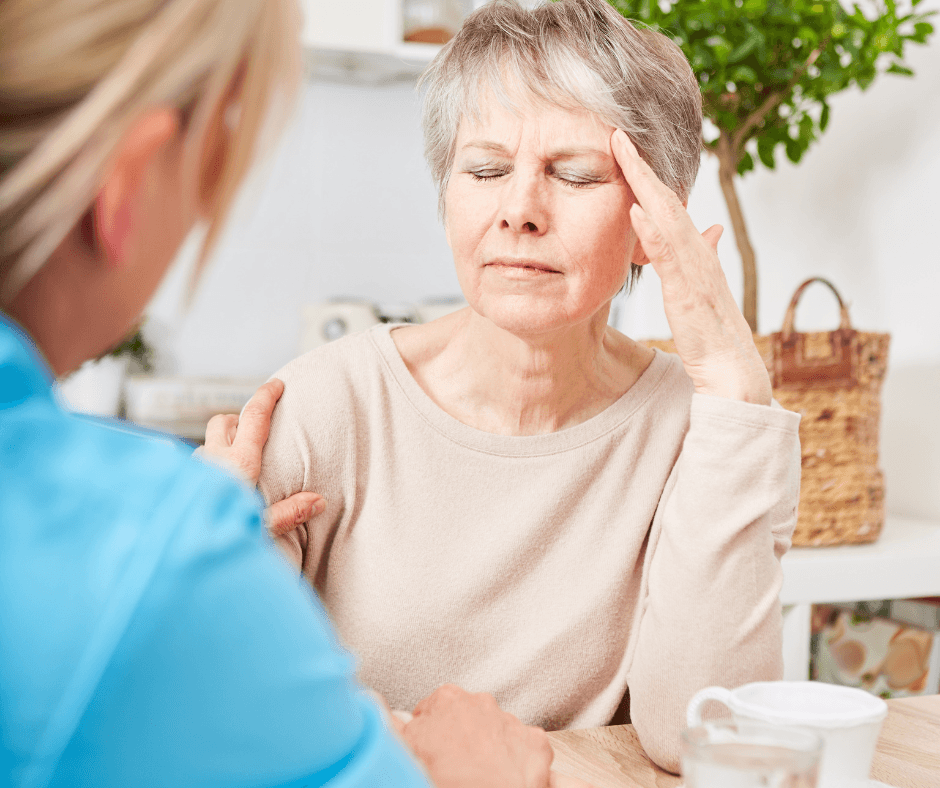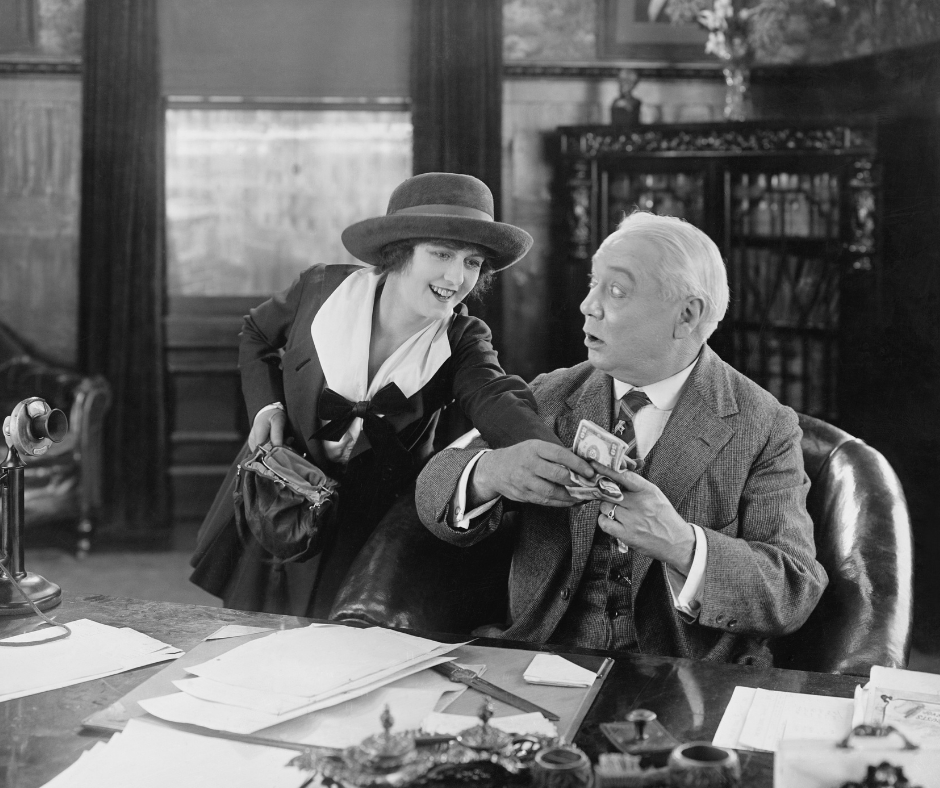Good News About Aging: Get Older,Growing old is not for sissies, as the bumper sticker says, and as anyone who has entered midlife can attest. But a new study finds that despite the physical and mental toll of time, people actually feel better as they age — not worse.
In fact, when California researchers asked more than 1,000 people aged 50 to 99 in San Diego county to rank how well they were aging on scale of 1 to 10, the mean score was 8.2 — and even higher for those in their 90s.
“I think I ranked myself pretty high. I think it was up around 10. Why not?” said Gordon “Gordy” Shields, 94, one of the participants in the Successful AGing Evaluation Study, or SAGE, conducted by scientists at the University of California, San Diego, and Stanford University.
To Shields, who became a world-class cycling champion after age 50, aging is just another part of the life process.
“You can enjoy aging as long as you accept it,” said Shields, a former high school and community college teacher and counselor.
That’s despite the undeniable declines in physical and mental abilities that come with age. Study participants were divided into groups by decade from those in their 50s to those in their 90s. People in the older age groups scored progressively worse on measures of health and cognitive function, even as they scored higher on their own ratings of successful aging.

Those results were not what the researchers were expecting, said Dr. Dilip V. Jeste, a UCSD professor of psychiatry and president of the American Psychiatric Association, who described the findings as “eye-popping.”
“We were astounded by how physical disability and self-rated successful aging went in diametrically opposite directions with aging,” Jeste told NBC News.
The results also suggested that the more resilient people are — or able to cope with acute stressors — the better they aged. Conversely, people who reported higher levels of depression were less likely to say they were aging well.
“Increasing resilience and reducing depression might have effects on successful aging as strong as that of reducing physical disability,” the study authors wrote.
The researchers recruited 1,006 study participants in San Diego county using a large telephone database to ensure they were randomly selected. They screened out anyone who was in a nursing home, or who needed daily nursing care, and those who had dementia, a terminal illness or required hospice care.
The idea was to survey older people who weren’t necessarily healthier than average, but who weren’t predisposed to disability and illness, either. They conducted telephone interviews and then administered detailed written surveys to assess the effects of aging.
What the researchers found was that in their 50s, participants who were asked how well they were aging posted a mean score of 7.7 on the 10-point scale, and 49 points on a 100-point scale of physical function.
Those in their 90s, however, rated themselves at 8.6 for aging successfully, even though their mean score was only 37.3 for physical ability. The results were similar for cognitive function measured during the telephone interview.
“I think this should really change people’s outlook about aging,” Jeste said. “Usually when we think about aging, we think it’s bad.”
The participants were mostly white and mostly better educated than average, the study reported. Cynics might ask whether healthy, well-educated people living in sunny San Diego might be more likely to report aging well than seniors in less desirable circumstances.
But Jeste said that the results should hold up nationwide. “We don’t think our findings are restricted to the population living in San Diego.”
The new results are consistent with previous research that shows that people are depressed in middle age, but then become happier as they get older, Jeste said.
That may be because older folks likely have grappled with the most contentious questions of life — work, family, finances — and come to some resolution.
“As people get older, they are less bothered by negative stimuli,” Jeste said. “You take things in stride. Regret becomes less common.”
That makes sense to Laura Carstensen, founding director of the Stanford Center on Longevity, who was not involved in the SAGE study. Older people with shrinking horizons know their time is limited and they seem to appreciate what’s left.
“They tend to focus on the here and now,” she said. “That’s good for mental health.”
For Gordon Shields, who was recently sidelined from cycling because of heart problems, aging well is all about accepting the next challenge of life.
“The main thing is to keep involved, not only physically but mentally and socially,” the great-great-grandfather said.
“You accept the process and adapt to it,” he added. “Don’t fight it.”
JoNel Aleccia and JoNel Aleccia, Senior Writer NBC News




